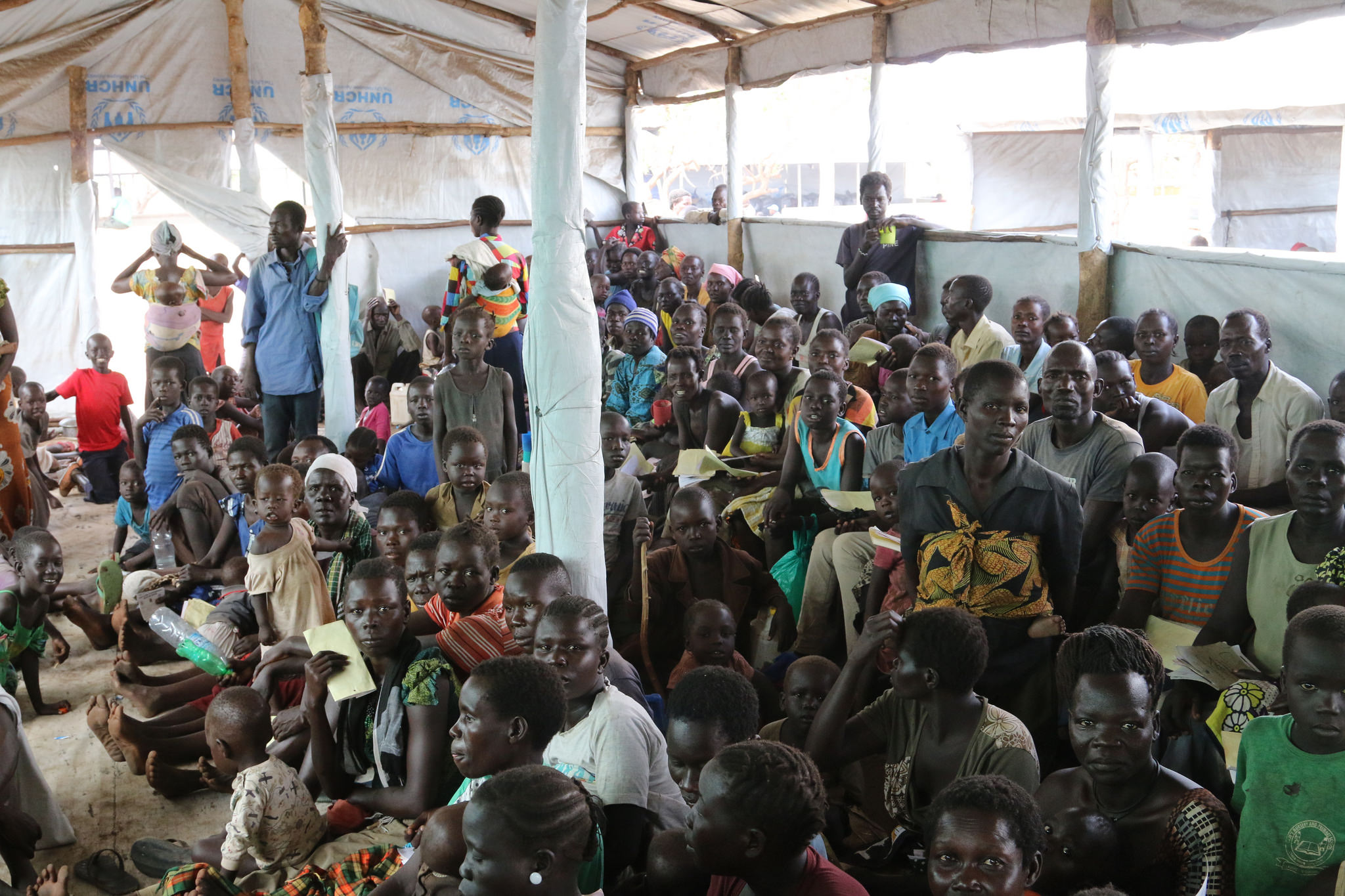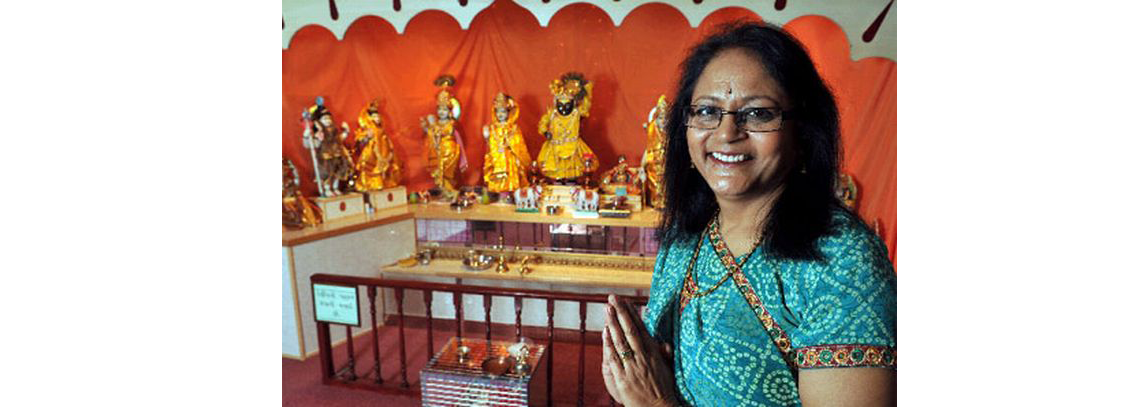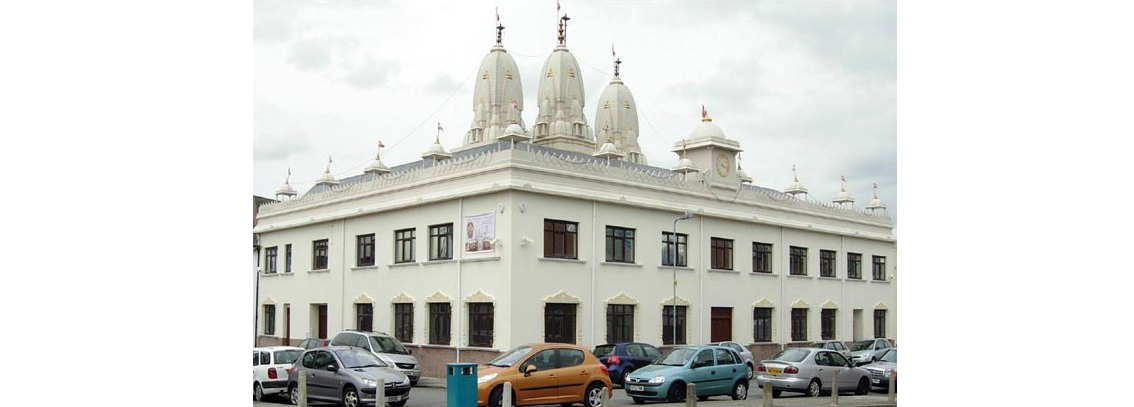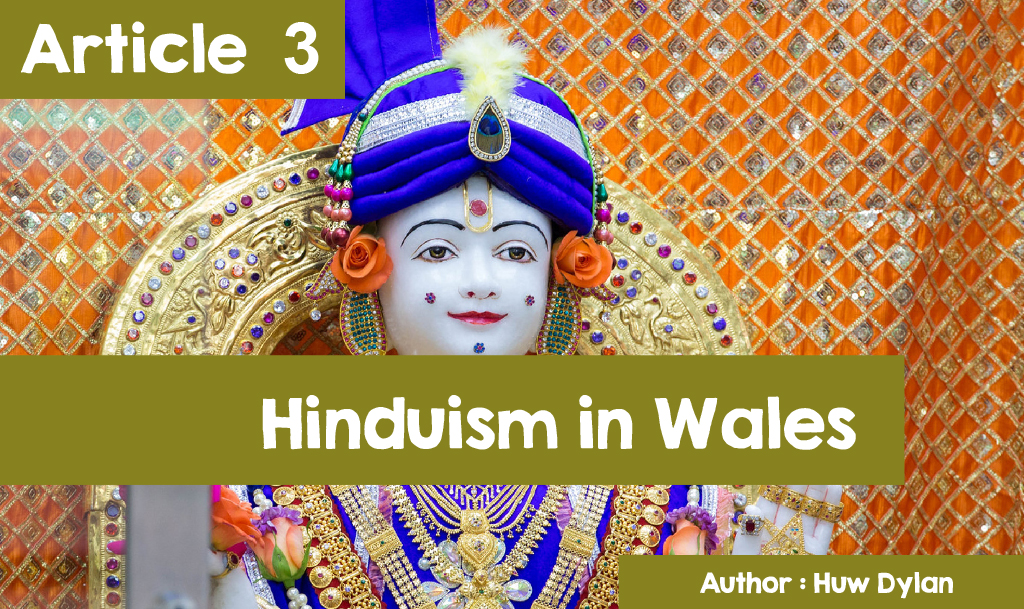|
|
If people were asked about religion in Wales, Hinduism would probably not figure prominently in the debate for two reasons - a very small percentage of the population of Wales, about 0.6% call themselves Hindus and it was only recently, in the second half of the twentieth century, that most Hindus came to Wales. They came from countries like India and Uganda to look for economic opportunities, to join their families and/or to escape persecution in their own countries and seek security in Wales. Nevertheless, the presence of Hindus in Wales is increasing. According to the 2011 census there were 10,434 Hindus in Wales, double the number in the 2001 Census. Today the Hindu population of Wales is made up of those who came directly, the descendants of those who had originally moved to other countries and then relocated to Wales, and those born and raised in Wales. One of the largest Hindu temples in Wales is the Sanatan Dharma Mandir in Cardiff but few know that it was founded by a refugee from Uganda. In 1972 Idi Amin, the president of Uganda, ordered that people of Asian descent should be expelled from the country, accusing them of keeping property and wealth for themselves and, thus, harming the country. They were given only ninety days to leave the country. Among the refugees was a woman named Vimla Patel, who was 20 and her husband Harish, who was 23. As Harish had a British passport, documents had to be arranged to get to Britain. As Vilma says,"It was a terrifying time because we didn't know what our future would hold." |

|
They both came to London and lived in a refugee camp for three weeks. There they had to live on £2.50 a day. It was also there that Vimla found out that she was pregnant. Vimla was longing for her home in Uganda and as she herself says,"We had no job and nowhere to stay, no food to eat and, on top of that, I was pregnant. Nothing made sense to me, and I felt lost.” |

|
Eventually, the couple moved to Cardiff to live with relatives and, according to Vimla, started living. There they got a job, raised three children, and saw the world change from being at its worst to being at its best. As Vimla was brought up in a Hindu household, where religious principles were respected and going to the temple was considered important, her dream was to build a Hindu temple in Cardiff. In 1985 it was decided to hire a Hall for worship and festivals, but the meetings soon became so popular that there was not enough space for everyone to meet together. Therefore, they decided to buy a building to build their temple. "I remember visiting a number of Hindu families living in Cardiff and the surrounding area with a bowl to ask for contributions" said Vimla, "very few refused, and the community was supportive."A building was successfully acquired and, in 1988, one of the first Hindu temples was opened in Cardiff. Later, with the support of the members they moved to a larger building in Lewis Road, where the temple is today |

|
|
The temple soon established a presence in the city and became part of Welsh society. The word Mandir (temple) means a place of no concern and, although it is a place for Hindus to worship, it is also more than that. It is a social centre and, as everything from temple administration to cooking and cleaning is done by volunteers, it offers many volunteering opportunities for Hindus in Wales. The community that meets in this temple aims to not only provide their children with a better understanding of their culture and heritage but, also, to enable them to become a natural part of the wider community in Wales. This reflects their belief that today's children are tomorrow's citizens, and they have the responsibility of keeping the culture alive. They undertake many religious activities, such as Bhajan, Kirtan, and Arati, which are the expression of devotion through songs and ceremonies. There are also meditation classes and religious workshops, and all Hindu customs and festivals are celebrated on a large scale. There are also classes in English for those who were born in England and Wales and who are not familiar with Indian languages. |

|
|
The temple also hosts a number of cultural and social activities and has a centre for the elderly that reflects the Hindu's respect for the older members of the community. There are many activities organised for them such as keeping fit, playing games, creative, tasks and visits.
The Hindu community at Sanatan Dharma Temple in Cardiff has certainly helped its members to meet many challenges, including economic development, maintaining religious and cultural identity, and establishing a home for the next generation. |


